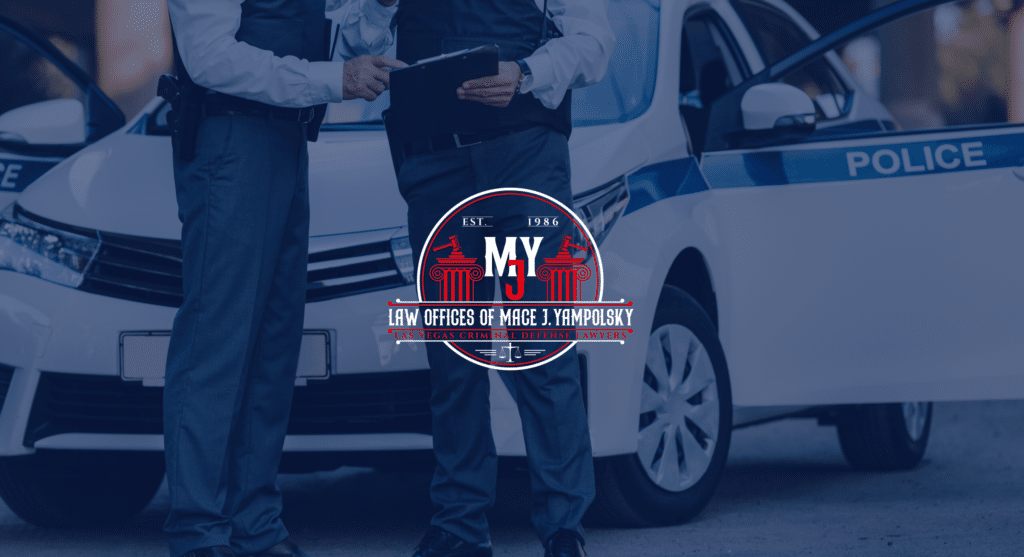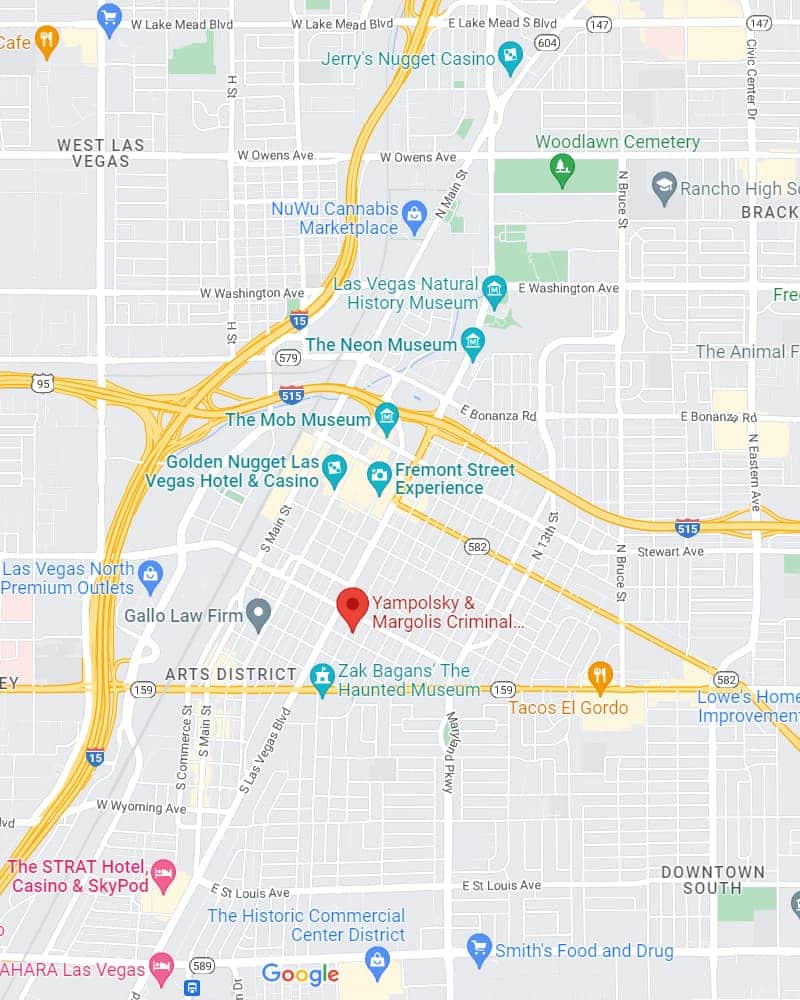It is never advisable to take the roadside tests. You cannot be forced to do them and you have a right to
refuse. Most of the time, police will try and bully you into taking the tests. They’ll also have a portable
breath tester at the scene and they will ask you to blow into that. You are not required to do this either.
The Nevada case called Byars vs. State codified a Federal law which said that if one doesn’t consent to a
blood draw, then the state must get a warrant before they obtain one. In Nevada, you have a constitutional
right not to submit to a blood test without a warrant. That’s the good news. If you don’t submit, by the
time they get a search warrant and they do take your blood, if it is over two hours, then that helps your
criminal case. If they are not able to get the chemical tests within that time frame, they cannot use it to
prove that your blood alcohol level was over 0.08.
Unfortunately, in 2015 the Nevada legislature passed the law that said if you do not consent to a chemical
test, such as a breath or blood, and are suspected of driving under the influence, in addition to any other
penalties, your license will be revoked for one year.
In a DUI case, if you don’t take the test, that increases your chances of winning. That’s the criminal case.
However, if you don’t take the test, then you will lose your license for an additional year after the 90 day
revocation that you will get if you are convicted of a DUI or lose the DMV hearing.
If you are going to take the rest, the blood test is more accurate than the breath test. So if you know you
do not have a lot of alcohol in your system, take the blood test. If it’s close to the 0.08 limit, the blood can
be retested, and often, it will come back a little less. If it comes out less, it can’t be proven beyond a
reasonable doubt that your blood alcohol level was over a 0.08 at that time.
An attorney would generally resolve such cases so that it’s a non-DUI disposition. A common disposition
in a case where there is a witness problem or the blood alcohol level is close to the limit would be a “stayed
of adjudication.” This is how a stayed adjudication works. You would plead guilty to your first time DUI, the
court would not enter the conviction. You would need to do the minimum DUI requirements including
attending DUI School and a victim impact panel (VIP), both are required by statute in all DUI cases. The VIP
is a two-hour seminar put on by people whose lives have been adversely affected by a drunk driver.
The DUI school can be done in-person or online, which I recommend because it takes less time. Also, you
will need to pay a fine. If you can’t afford it, you may do community service and you’ll be paid $10 an hour.
So instead of paying $500, you could do 50 hours of community service but it is recommended that people
pay the fine as it’s much less onerous.
In addition, there may be other requirements, such attending AA once a week for a period of time along
with community service. If you successfully complete all requirements and stay out of trouble then you
will be able to withdraw your plea and enter a plea to reckless driving, which is not a DUI. That doesn’t
subject you to the possibility of a second time DUI.
In California, the laws are different than Nevada. They have something called a Wet Reckless, which means
if your DUI is reduced to reckless driving and it is considered a wet reckless, if you are convicted of another
DUI, that wet reckless becomes a DUI for enhancement purposes. In both California and in Nevada, if you
are convicted of a DUI three times within seven years, the third time becomes a felony which carries a
non-probationable penalty of 1 to 6 years in Nevada state prison.






